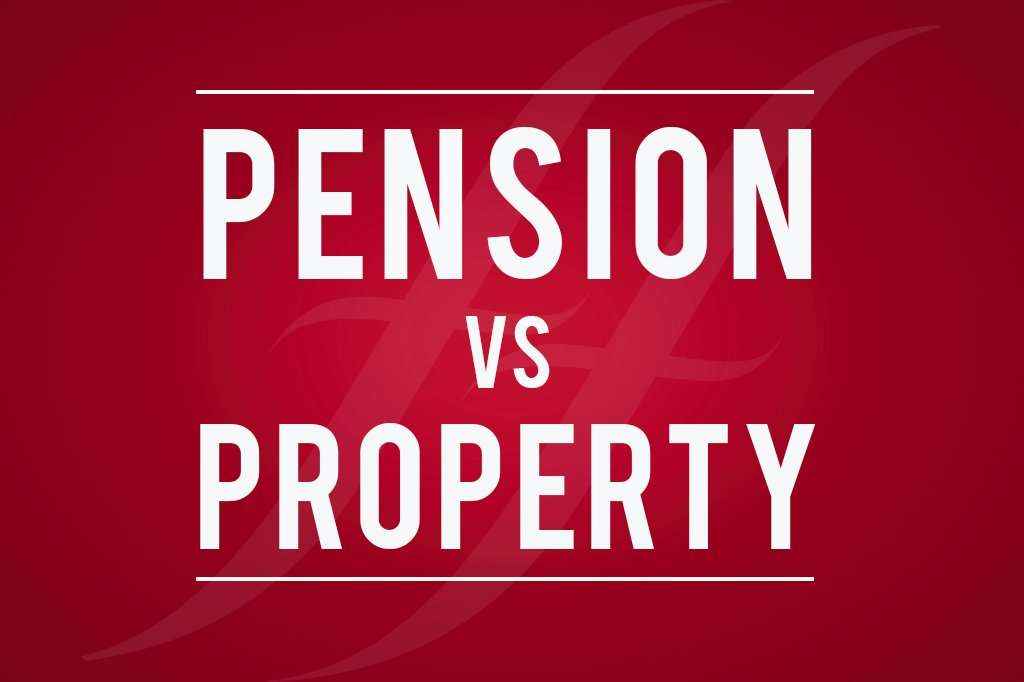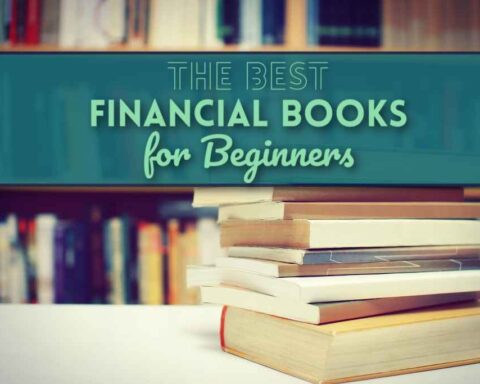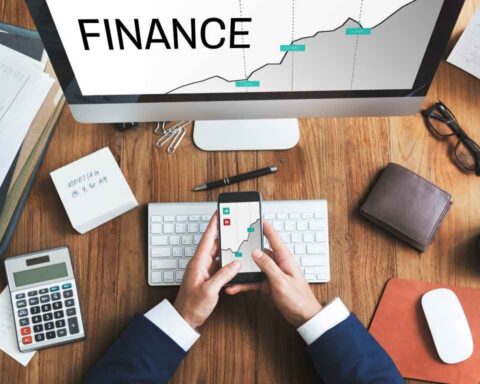Both property investment and pension are long-term investments and can deliver long-term growth. When it comes to securing your retirement, both of them have an important role to play.
House prices have soared in the UK over the past two decades. It is not surprising that people like bricks and mortar as an alternative to a pension. In terms of strong capital growth, the property can give you a steady income if you rent it out.
If you are wondering about funding your retirement, here this guide is for you.
Property vs Pension, in this article, we are going to cover the advantages and limitations of both property and pensions as a source of retirement funds.
What are the pros and cons of property investment?
When it comes to picking a choice for investment, most of us like to choose to invest in property, as it will have a potential return over time.
Pros:
- Property is a tangible investment that will return huge growth over time.
- Offers a combination of capital growth and rental income
- If there is any emergency, immediately you can sell your property.
Cons:
- You can lose money if you need to sell your property during a house market crash.
- You can’t sell your property easily.
- Buying and selling property may be sometimes expensive and not tax-effective.
- The cost of maintaining and running the property is high.
- More of your retirement fund will be tied into a property which means you may lack diversification, you may require multiple properties in various areas to reduce risks.
What are the pros and cons of pensions?
A pension is a long-term investment enabling tax relief. Pension is tax relieving means some of your money that would have gone to the government that amount will come into your pension instead.
Pros:
- Tax relief and an employer’s contribution will enhance your substantial boost.
- You can take 25% of your pension tax-free.
- You have control over the money that is invested and make changes easily and quickly.
- Management costs are low compared to property investment.
How property can fund your retirement?
Sometimes, you have heard people say their property is their pension. People without any pensions may plan to sell their property and downsize- using the equity released to fund their retirement.
Moreover, property investors can purchase more properties and sell them immediately if there is an emergency.
They can use the amount as an asset to fund their retirement. Further, property investors can rent their property out and this rental income could potentially replace pension income.
However, if you are thinking to invest in a property, it will be as safe as a house. But it may not be as easier as it looks.
Why does a pension have more sense?
Property is an expensive investment compared to pensions. In pensions, the government incentivizes saving with tax relief, tax-free lump sum, tax-free growth, and compulsory employer contributions.
Property investors are discouraged by fiscal policy. Property investors pay higher rates of stamp duty. Since 2016 they are forced to pay 3% more stamp duty when they purchase rental property than home buyers.
There will be often capital gains tax when investors sell their property- this can take a sizeable chunk out of your profit, investors must declare their gains within 30 days of a property being sold. They must not wait until the next need to submit a tax return.
Even after tax, property investors have to consider various costs including agent fees, insurance, and maintenance. There are also risks of periods where you don’t have tenants or tenants who don’t pay the rent.
How much will be gained from a property and the period on which you can sell it- that also depends on the state of your housing market.
But if you are unlucky and need to sell the property during a dip then you may need to defer your sale until the market gets recovered.
But, it can’t be said that property investment will not fund your retirement. The key factor is to be aware of how both pension and property investment enables you to make the right choice.
For some people pension is the most cost-effective and straightforward choice. But if you have a real love for property and can maintain and run one or more properties then there is nothing to say you can’t do both.
Property vs. pension- what gives the most return on investment?
Let’s see how much your property or pension could grow over time:
The following table assumes that you have invested £100,000 back in 1984
- For property prices, we are using the Halifax residential House Price Index, which indicates the average national house price.
- For pension, we are assuming you have invested in the FTSE 100, which represents the largest 100 companies in the UK.
So, what will you get?
| Asset | Invested | Return(p.a.) | %change | Value in 2014 |
| Halifax Residential house price | £100,000 | 5.7% | 402% | £502,455 |
| UK Equities | £100,000 | 5.9% | 433% | £532,990 |
So, you can see there is no such difference between property and pension in return.
Property Income VS. Pension Income:
Yes, any property provides you with an income that you want to focus on, not capital growth. But, investments in pensions also provide you an income in the form of dividends.
Investment income is money that someone earns from an increase in investment. It includes dividends paid on capital gains from property sales, on stocks, and interests earned on savings accounts.
In recent decades, the value of the property has shown phenomenal growth. UK average house price increased by 8.2% over December 2022. However, changes in the form of property tax is a big gain from rising house price and may be harder to replicate in the coming years.
It’s unlikely you will end up with less than whatever you have put into a pension. But it is a risk with any type of investment. 95% of pensions and drawdown funds have seen positive growth in 2018.
Which is less risky?
The property price growth has slowed down in recent years, if you have a mortgage you could be left with negative equity if the house price falls. That means you have paid more for your property than its worth.
On the other hand, in pensions, some defined benefit schemes in the private sector have come under scrutiny in the present time. The collapse of firms including construction giant Carilion and department chain BHS- affects the pension fund.
This lead to stress for many people whether their pension schemes are as safe as they thought. But, pensions are protected. However, if your employer gets bust before you retire and you have a final salary pension, perhaps you may lose 10 % of your pot.
But, if you have a defined contribution pension and your employer gets bust, it will not be hampered anyway. It can lose value if the stock market falls, but over a long period, its growth is likely to be positive.
FAQ:
Is it still worth investing in property in the UK?
Ans: In 2021, the average value of property in the UK surpassed £250,000 for the first time after increasing at the fastest rate since 2004.
The average UK property is now valued at £292,000 as per the latest land registry data in July 2022.
How much my property will be worth in the next 5 years?
Ans: As per the latest price analysis, UK home prices could raise by 21.5% in the following 5 years. Thanks to repeated lockdowns, and the extended stamp duty holiday; the prices could rise by 9% in 2021, and by 3.5% in 2022.
Can I use my house as a pension?
Ans: House is not a pension. Property is one of the least liquid of all the assets. That means it’s not possible to turn the property into spendable cash.
Especially if you are living in that house at the time. The money in your property is locked away in bricks and mortar.
Conclusion:
The property had fantastic returns over the last 30 years, as have pensions. But when it comes to choosing the appropriate one, both have positive and negative impacts as discussed earlier.
The property comes with leverage on the other hand pensions are more liquid, less hassle, and lower cost.
As always, neither is right nor wrong, it depends on your circumstances.








